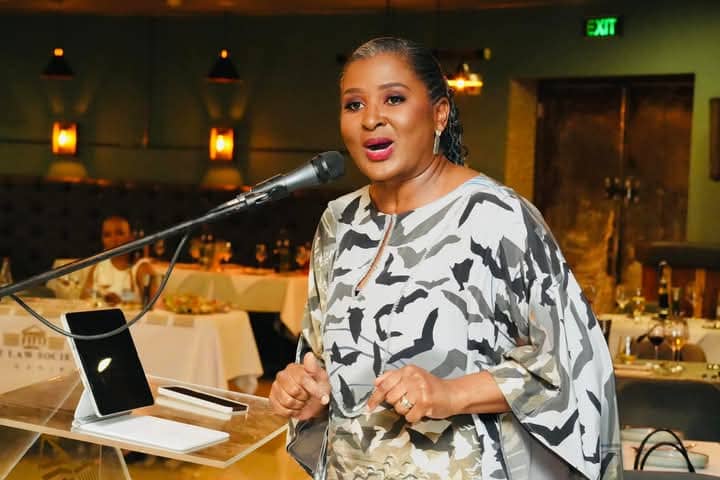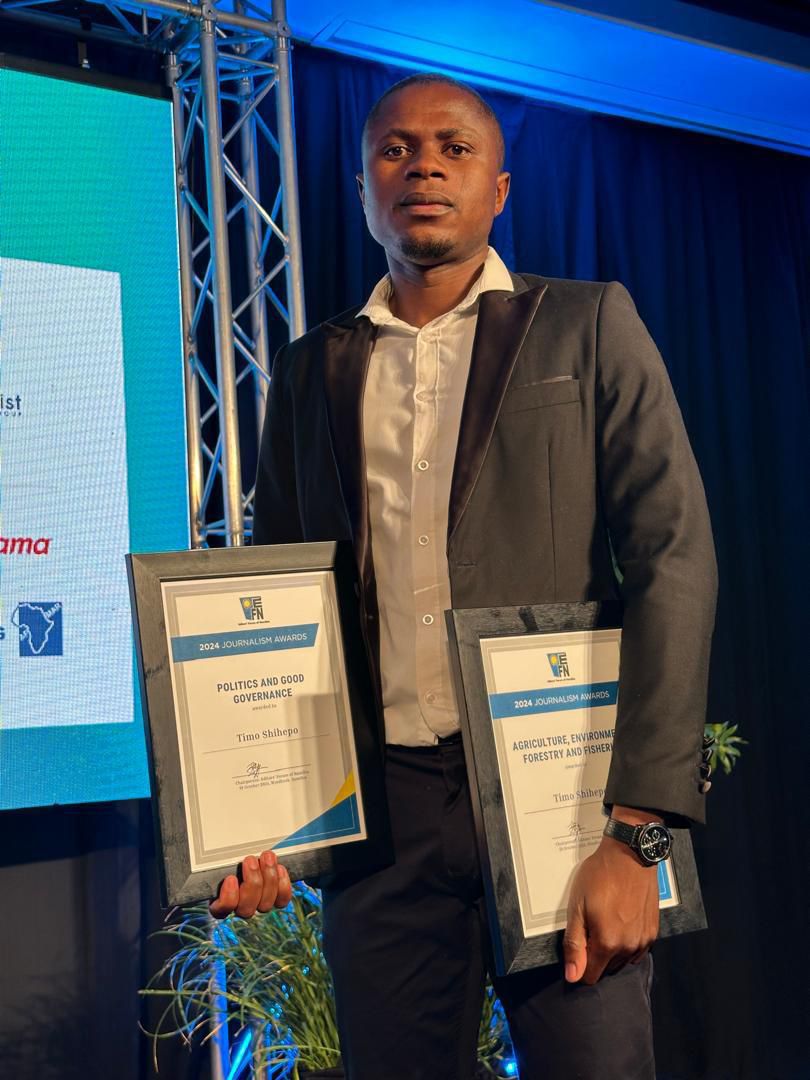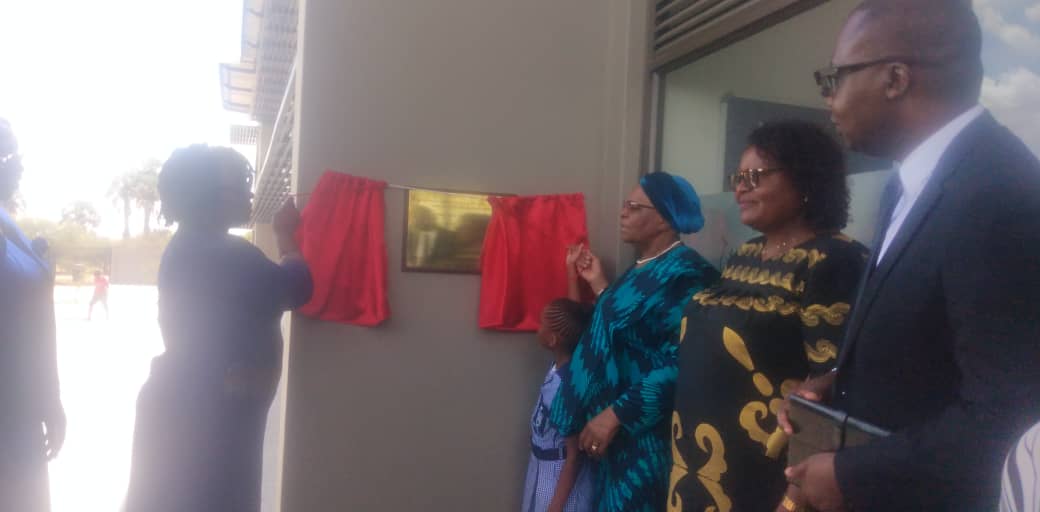Zimbabweans are waiting with bated breath for election results as millions cast their votes yesterday morning until polling closed at 19h00.
Two running horses, Emmerson Mnangagwa of the Zimbabwe African National Union Patriotic Front (Zanu-PF) and Nelson Chamisa of the Citizens Coalition for Change, are vying for power in a country battling an ailing economy and rampant corruption.
The country was voting for presidential candidates, members of parliament and councillors.
Polling was, however, hampered by logistical delays primarily in the provinces of Harare and Bulawayo, where some stations opened late.
At Warren Park 1 High School a man (68) collapsed and died while waiting to cast his vote.
Ambassador Ndali Kamati, the head of the Namibian government’s election observation mission, yesterday said the delays have not hindered access to voting booths.
“We are happy that finally the papers came and people voted and they voted peacefully,” he said.
Pressured by public frustration, the Zimbabwe Electoral Commission (ZEC) announced that some polling stations opened late due to the late deployment of material as a result of the late printing of ballot papers.
The ZEC said all affected polling stations would, however, extend their deadlines to make up for the time wasted.
THE FAZ FACTOR
Kamati yesterday confirmed that Chamisa recently raised the issue of a shadowy organisation, known as Forever Associates Zimbabwe (FAZ), which is alleged to be employing underground operations in favour of Zanu PF.
“He said this is something which is underground, and that it is operating like an intelligence organisation. So we don’t know them, and we have not come across them, and we have therefore not interrogated the issue, because they are not visible,” he said.
Eight days ago, Financial Times reported that the FAZ is at the centre of vote rigging allegations aimed at keeping Mnangagwa in power for a second term.
Harare was yesterday brimming with long queues, most of which disappeared by 16h00 – especially at Queen Elizabeth High School and Girls High School in the heart of the central business district.
In the meantime, Mnangagwa has promised a restoration of the country’s battered public health sector, the empowerment of artisanal miners, and a continuation of the land reform programme among a plethora of promises.
His campaign has been buoyed by visible infrastructure projects throughout the country, such as the rehabilitation of Zimbabwe’s major roads, the expansion of the flagship Robert Gabriel Mugabe International Airport, the construction of dams and a new parliament.
But his detractors have slammed the progress made thus far under the ‘Second Republic’ as not impactful enough to change the lives of the many Zimbabweans reeling from years of economic mismanagement and a scourge of sanctions imposed by the West after the controversial land reform programme.
Chamisa has encouraged Zimbabweans to vote for change, typified by promises of free education, investment attraction, the handing out of title deeds for landowners, and reining in corruption.
All in all, 11 candidates are vying for the presidential seat, while six million people were expected to cast their votes.
The process has been lauded by the Namibian government’s election observation mission as largely peaceful.
Kamati has urged Zimbabweans not to respond with violence to results which may not be in their favour.
“Elections are for people to win and lose. Two people cannot win the same seat. It is just wise for political leaders to continue in the spirit with which they have started,” he said.
Stay informed with The Namibian – your source for credible journalism. Get in-depth reporting and opinions for
only N$85 a month. Invest in journalism, invest in democracy –
Subscribe Now!






